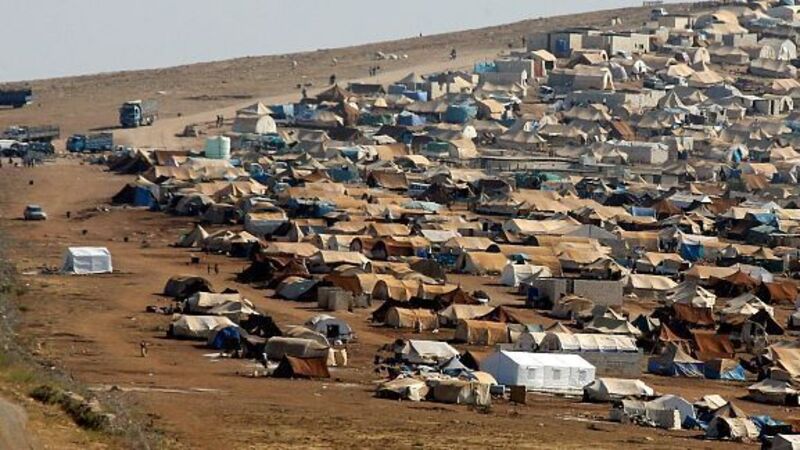Build resilience to combat poverty

It may seem like a never-ending cycle. It is easy to get downhearted and think that there is no solution, that disasters are inevitable and increasing in frequency, and that aid agencies are responding as best they can but, ultimately, there is nothing anyone can do to stop them. But there is.
The first important thing to recognise is that these disasters disproportionately affect the world’s poorest people, and that the risks they face are a significant factor in keeping them poor.
















